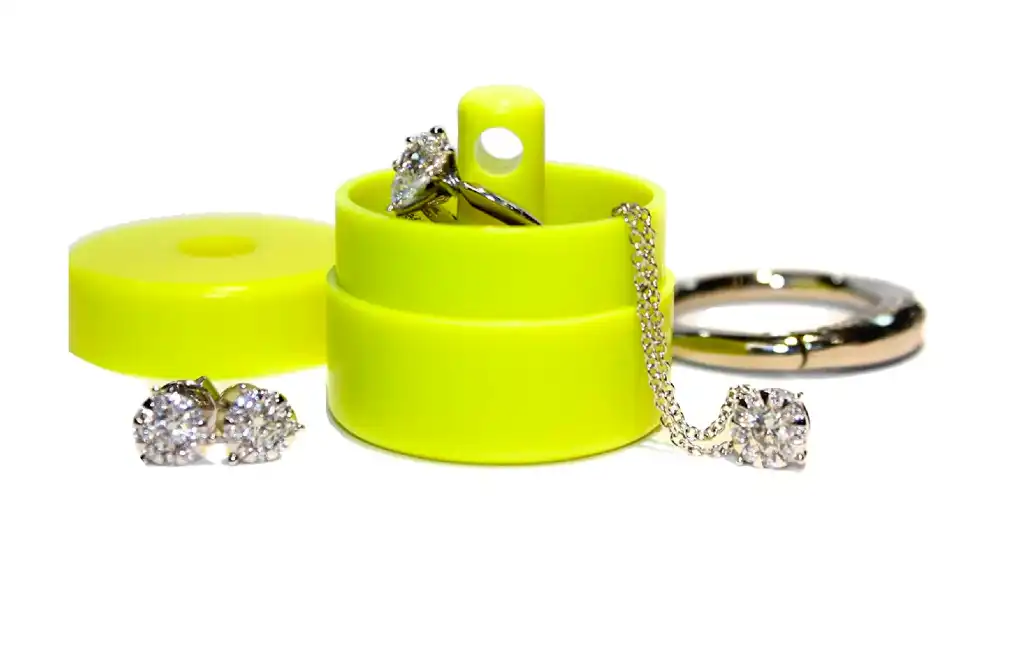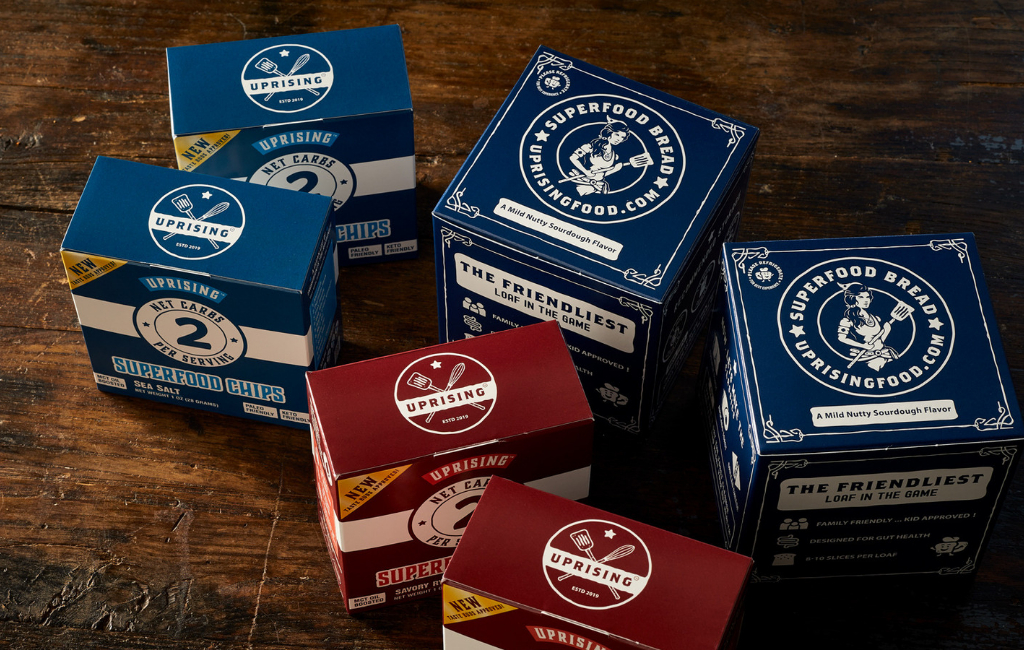Paskho Apparel
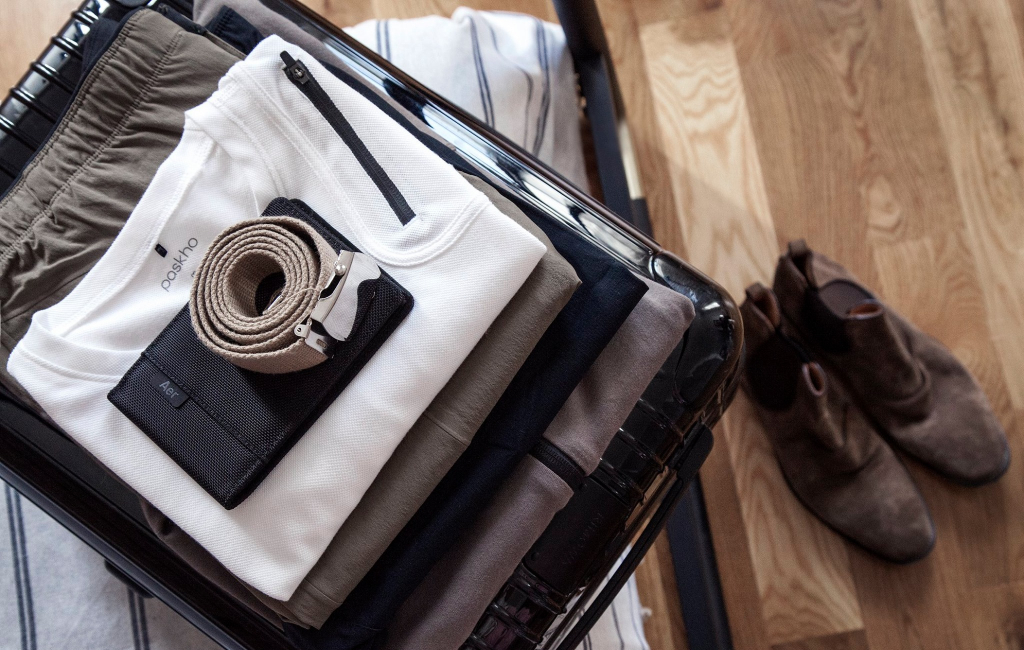
NO DEAL
EPISODE SUMMARY
🕓 Air Date: October 8, 2021
Asking For:
$500,000 for 2,50%
Investor:
No Deal
Deal:
No Deal
PRODUCT SUMMARY
Paskho's Community-Made initiative transforms clothing manufacturing in the United States by employing underserved communities to create sustainable clothing.
WATCH HERE
IN A RUSH?
Click these to jump to the section you want to read.
Background Story
Paskho, under the leadership of Patrick Robinson, boasts a remarkable commitment to reinvigorating the American clothing manufacturing industry. With a stellar career that includes prominent roles at Gap Worldwide, Giorgio Armani, Perry Ellis, Paco Rabanne, Anne Klein, and even collaborations with Target, Patrick Robinson brings a wealth of experience to the table.
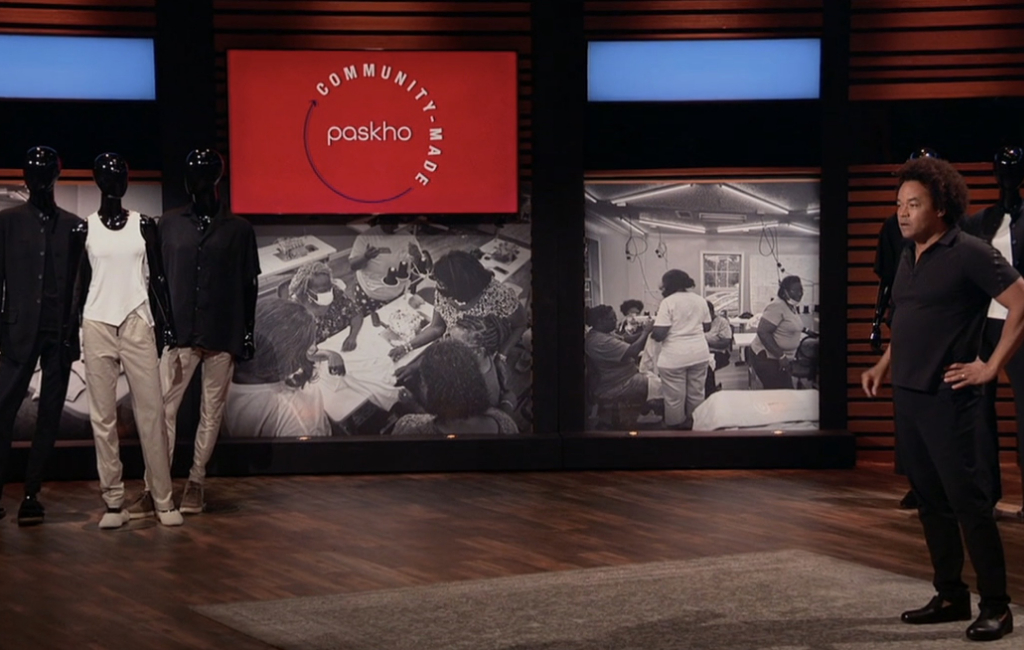
The company’s mission takes a unique and socially conscious approach. Operating from Gee’s Bend, Alabama, known for its rich tradition of black quilters, Paskho’s Community-Made initiative is more than just about fashion; it’s about social impact. By mobilizing teams of seamstresses, tailors, and pattern makers from underserved communities, Paskho creates dignified job opportunities with living wages.
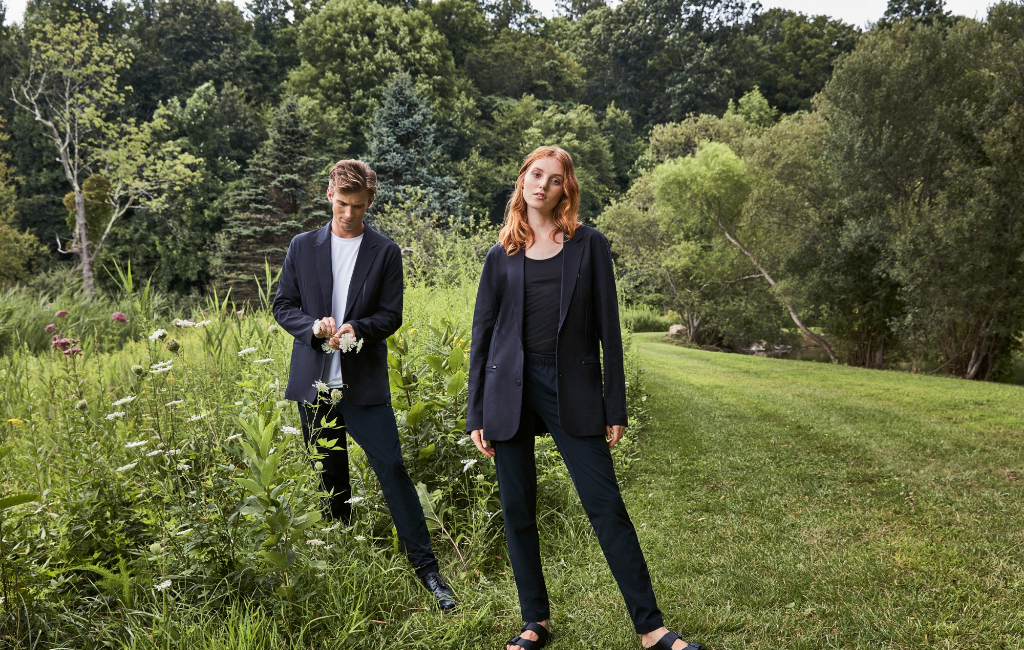
This unique blend of fashion expertise and social responsibility drives Paskho’s vision to transform clothing manufacturing in the United States. While Gee’s Bend serves as an inspiring starting point, the company’s larger goal is to replicate its success across America, ultimately revitalizing local economies and providing sustainable employment opportunities. Paskho’s dedication to both quality clothing and social betterment positions it as a pioneering force in the fashion industry, with the potential to make a lasting impact on communities and consumers alike.
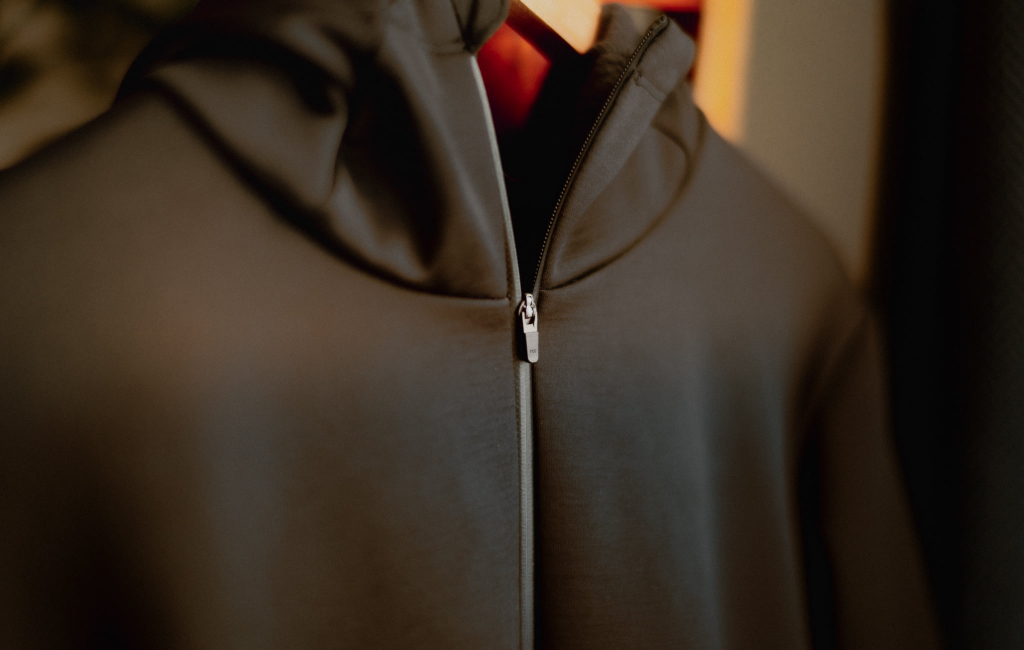
The Product
Paskho’s products are a testament to their commitment to sustainable and high-quality clothing. The heart of their production lies in their innovative Community-Made initiative. They are dedicated to transforming the way clothing is manufactured in the United States.
The core concept of Community-Made involves mobilizing teams of seamstresses, tailors, and pattern makers from underserved communities, beginning with their operations in Gee’s Bend, Alabama. This not only ensures ethical and dignified jobs but also results in sustainable clothing production.
With an average manufacturing cost of $43 per product and an average selling price of $110, Paskho demonstrates its dedication to delivering value to its customers. The reasonable production cost allows them to offer high-quality clothing at a competitive price point.
While they are currently focused on manufacturing for their own product line, Paskho has ambitious plans. They intend to build manufacturing pods across the U.S., potentially opening the doors for other brands and designers to utilize their facilities.
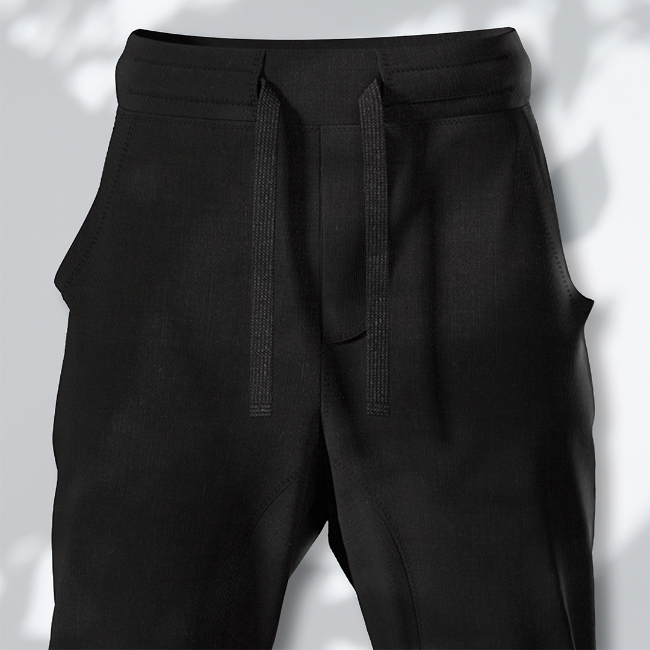
How It Went
The company’s position before Shark Tank
Paskho’s performance reflects the challenges and resilience typical of businesses, especially during the COVID-19 pandemic. In 2019, prior to the pandemic, the company achieved an impressive revenue of $6.7 million. However, the outbreak of COVID-19 significantly disrupted their supply chain, forcing them to pivot their business strategy toward their Community-Made initiative.
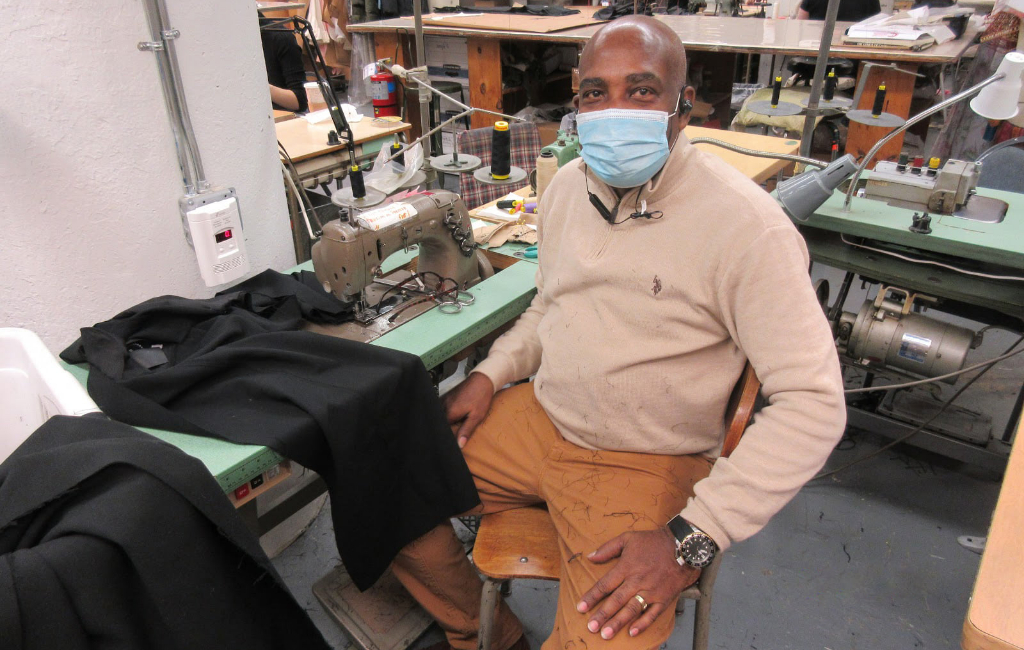
Despite their compelling mission and revenue potential, Paskho is not yet a profitable entity. One notable factor contributing to this situation is their relatively high customer acquisition cost, standing at $95. Achieving profitability in such a competitive industry requires efficient cost management and scalability. However, Paskho is showing signs of recovery and growth. They anticipate reaching $4.5 million in sales for the current year, a commendable rebound considering the challenges posed by the pandemic.
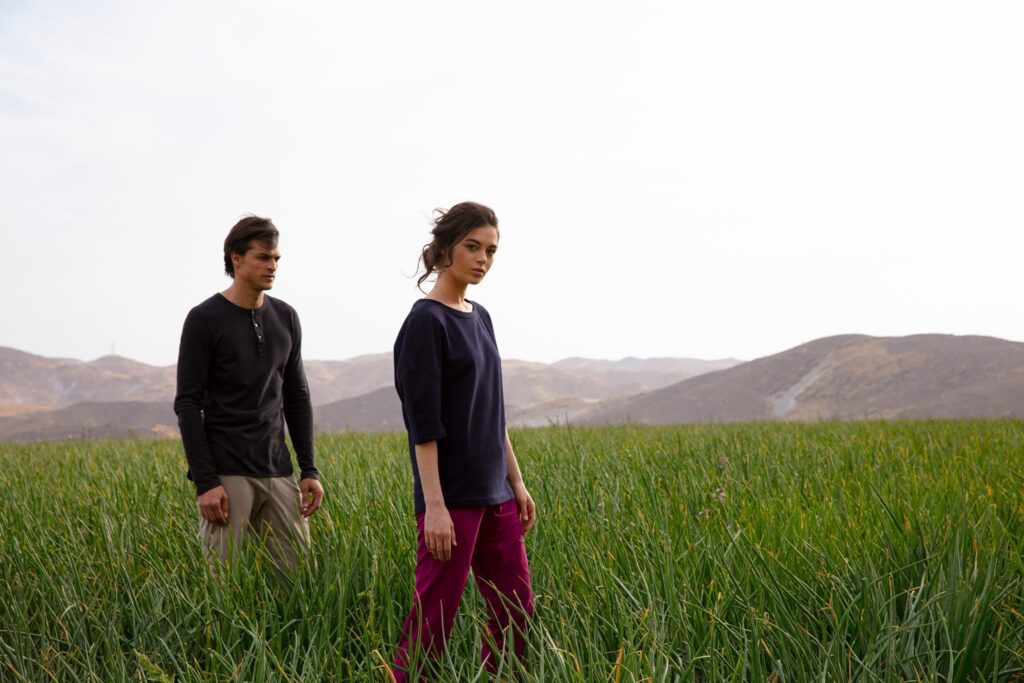
It’s worth noting that these investments are indicative of their dedication to expanding their business and impact. As Paskho acknowledges, they are still in the investment and scaling phase. Such phases often incur losses as businesses invest heavily in infrastructure, marketing, and talent acquisition. Paskho’s willingness to weather these initial challenges demonstrates their commitment to reshaping American clothing manufacturing and bringing about lasting social change through their Community-Made initiative.
The Negotiations:
During the negotiation phase on “Shark Tank,” Patrick Robinson’s passionate pitch for Paskho’s Community-Made initiative elicited both empathy and skepticism from the Sharks.Kevin O’Leary, known for his pragmatic approach, expressed concerns about the business model’s lack of proven profitability. He chose not to invest, emphasizing his preference for pouring capital into established businesses. Lori Greiner was moved by the compelling story and mission behind Paskho but ultimately declined to invest due to concerns about her expertise in the clothing industry.
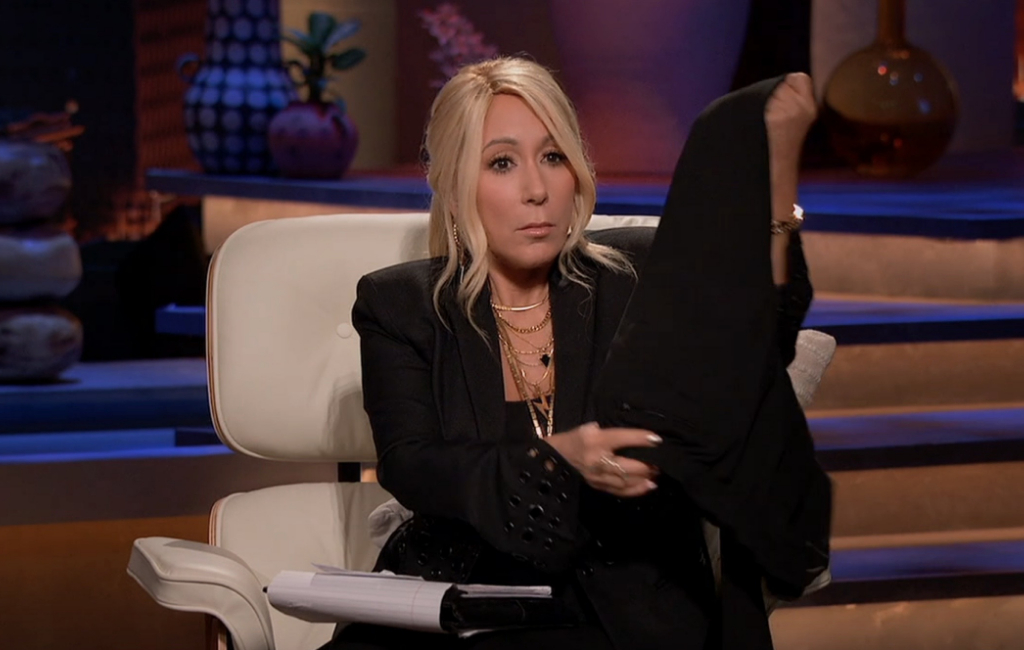
Mark Cuban honed in on a critical aspect: the company’s struggle to adapt to modern selling strategies. He highlighted the changing landscape of sales, particularly on platforms like TikTok, where short attention spans prevail. Despite recognizing the potential, Cuban chose not to invest, urging Patrick to figure out this crucial aspect. Emma Grede, however, seemed to resonate with Paskho’s mission and story. She pointed out that the company needed to connect better with its customer base.
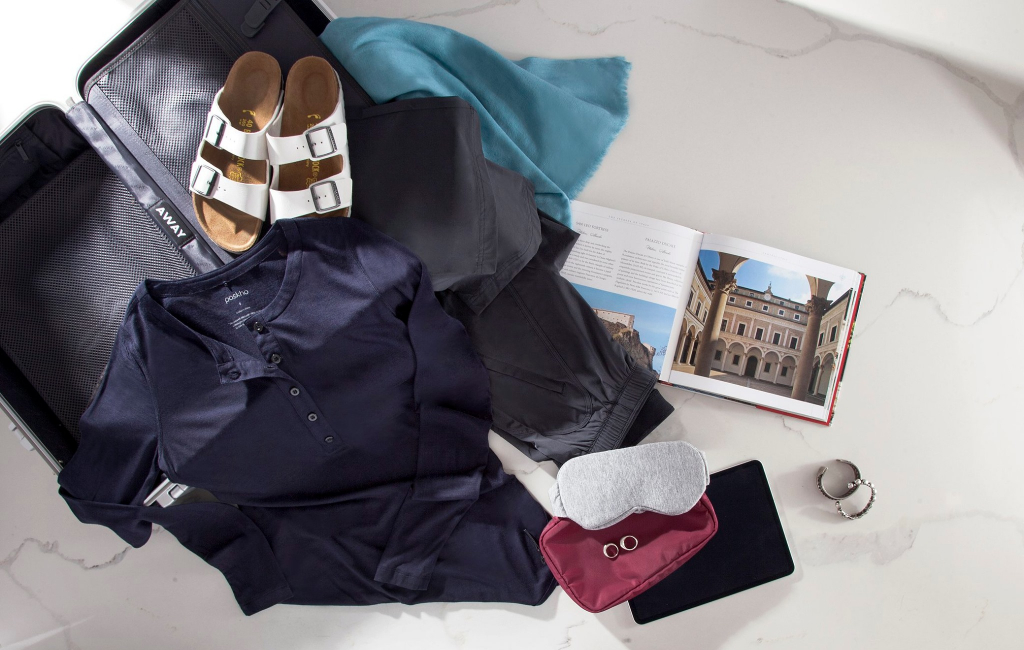
Emma’s experience in building successful brands emphasized the importance of aligning the narrative with customer values. Still, she, too, decided not to invest, citing concerns about the company’s readiness. In the end, despite the moving story and innovative concept, none of the Sharks saw an investable opportunity. Patrick Robinson left the tank without a deal but remained resolute in his mission to bring jobs back to the U.S. and revitalize American clothing manufacturing.






